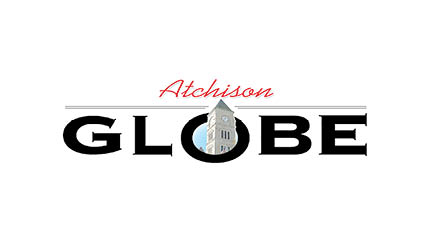Bizarre law drives justified suit
Got raw milk?
Kansas goat farmers Mark and Coraleen Bunner do, but bizarrely, they and every other producer have been prohibited by state law from advertising or even mentioning that fact anywhere but physically on their farms.
That means no printed ads, no late-night television pitches, no fliers, no billboards, no emails, no websites, no social media posts and, according to the Bunners’ legal team, not a word of it to anyone off of their property. Not even during casual dinner conversation on a night out with friends. Heaven forbid they show up in public with a milk moustache.
The Bunners have been freer to use neon paint to publicize declassified national security secrets than to mention the fact that they happen to sell unpasteurized goat milk. In 21st-century America, of all times and places. When hemp products and word of them are not only available but are on the way to being ubiquitous.
Seriously. You can’t make this up. It’s one of the most outrageous and free-speech-violating prohibitions on the books since colonial days.
The good news is that the obscure law, which dates back to 1967, is so “plainly unconstitutional,” according to Kansas Attorney General Derek Schmidt, that his office readily, and to its great credit, agreed with the Bunners’ lawyers that the law is unenforceable. When the Bunners filed what amounts to a friendly lawsuit against the state Department of Agriculture, a settlement with Schmidt’s office was filed simultaneously. A Shawnee County District Court judge blessed the settlement. Case opened, case closed.
Since the law was passed, and beginning in the 1970s, the U.S. Supreme Court has broadened First Amendment protections for commercial speech. Schmidt said this settlement not only resolves the farmers’ dilemma but provides the state Department of Agriculture and Legislature with the impetus to bring the law into line with the U.S. Supreme Court’s contemporaneous reading of the Constitution.
The law may have been aimed at restricting competition in the dairy industry, or out of legitimate and persisting concerns about the health hazards from unpasteurized milk. Indeed, Kansas Agriculture Secretary Mike Beam said in a news release from Schmidt’s office that even with farmers’ newfound freedom to advertise raw milk, “The on-farm sale of raw, unpasteurized milk continues to be the only allowable method of distribution for raw milk, as a means of protecting public health and safety due to the high degree of risk associated with unpasteurized dairy products.”
The lawsuit was the first filed by the new Kansas Justice Institute, launched by the Kansas Policy Institute, a Wichita-based free-market think tank.
“I believe that if we do not stand up for our rights, we lose them,” KJI Litigation Director Samuel MacRoberts said in a written statement. “That’s why we filed this case on behalf of not just the Bunners, but all Kansans.”
Absolutely. While raw milk producers are a small target, government censorship is an enormous bludgeon.

